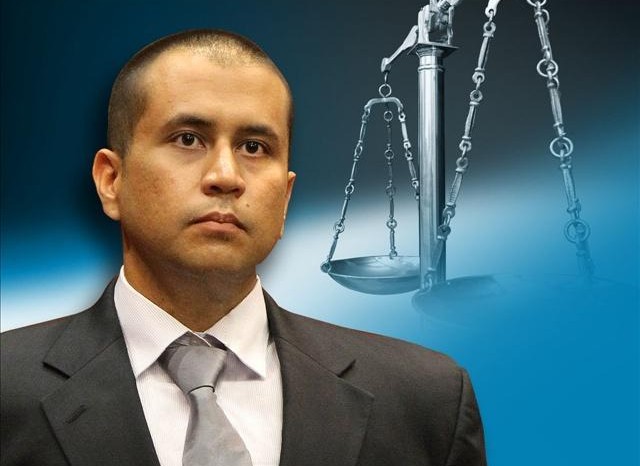Stealth gay marriage bill introduced by Senator Eleanor Sobel (D-FL 31)

Senator Eleanor Sobel (D-FL 31)
The Florida Family Policy Council (FFPC) in an email to supporters states, “Deceptively named by its Democrat sponsor [Senator] Eleanor Sobel the ‘Families First’ bill, it at first glance appears to be creating a mere domestic partnership like the others in Florida that would usually include hospital visitation and burial rights. But then after getting deeper into the fine print of the monster 30 page bill, it is discovered that it is brazenly proposing an exact mirror of the every aspect of both Federal and Florida marriage laws allowing for gays and lesbians to enter an arrangement that is both ‘treated as marriage’ and which is not just the ‘substantial equivalent’ of marriage but audaciously attempt’s to be an exact equal to marriage.”
Senator Sobel has a long history with the GLBT community in Florida. The Sun-Herald reported in 2008, “Broward County Commissioner Ken Keechl, the first openly-gay member of the Commission, today endorsed Democratic State Senate candidate Eleanor Sobel for the open seat in District 31. Sobel, a member of the Broward School Board, has long been an ally of the GLBT community.”
“I’m excited to accept Commissioner Keechl’s endorsement,” Sobel said. “I have a long history of working with Broward’s gay and lesbian community, and Ken’s support underscores that.” Sobel and Keechl are pictured above (photo courtesy of the Sun-Herald).
Pages 19-21 of the bill SB-196 reads “Any privilege, right, or benefit granted…by marriage… is granted on equivalent terms… to an individual who is or was in a domestic partnership…”
“Therefore SB-196 is not a domestic partnership but an attempt to create a full blown civil union – or an alternative gay marriage. This bill is in direct violation of the Article I, Section 27, the Florida Marriage Protection Act, which was enacted by 62% of Floridians as Amendment 2 on the ballot in 2008 and is therefore blatantly unconstitutional on its face,” notes the FFPC.
The full text of the bill may be read here. There are currently no co-sponsors of the Senate bill.

Representative Mark S. Pafford (D-FL 86)
The companion bill in the Florida House is HB 259. HB 259 was introduced by Representative Mark S. Pafford (D-FL 86) and is co-sponsored by state Representatives Berman (D- FL 90) , Clarke-Reed (D- FL 92), Cruz (D-FL 62), Danish (D-Fl 63), Edwards (D-FL 98), Fullwood (D-FL 13), Jones (D-FL 14), McGhee (D-FL 117), Moskowitz (D-FL 97), Rader (D-FL 81), Rangel (D-FL 43), Rouson (D-FL 70), Saunders (D-FL 49), Slosberg (D-FL 91), Stark (D-FL 104) and Stewart (D-FL 47).
Efforts are underway to create domestic partnership registries across the state of Florida. Wikipedia lists the following Florida cities with domestic partnership registries:
- Broward County (Fort Lauderdale): Residents of the county or at least one partner employed by the county. Both opposite- and same-sex couples.
- City of Clearwater: No residency requirement. Both opposite- and same-sex couples.
- City of Gainesville: No residency requirement. Both opposite- and same-sex couples.
- City of Key West: No residency requirement. Both opposite- and same-sex couples.
- City of Kissimmee: Employees of the city. Both opposite- and same-sex couples.
- Leon County: No residency requirement. Both opposite- and same-sex couples.
- City of Miami Beach: No residency requirement. Both opposite- and same-sex couples.
- Miami-Dade County: Residents of the county or at least one partner employed by the county. Both opposite- and same-sex couples. The cities of Miami and South Miami also grant additional benefits to domestic partners registered in Miami-Dade County.
- Monroe County: No residency requirement. Both opposite- and same-sex couples. County employment benefits only.
- Orange County: No residency requirement. Both opposite- and same-sex couples.
- City of Orlando: No residency requirement. Both opposite- and same-sex couples.
- Palm Beach County: Residents of the county or at least one partner employed by the county. Both opposite- and same-sex couples.
- Pinellas County: Both opposite- and same-sex couples.
- City of Sarasota: No residency requirement. Both opposite- and same-sex couples. City employment benefits only.
- City of St. Cloud: Employees of the city. Both opposite- and same-sex couples.
- City of St. Petersburg: No residency requirement. Both opposite- and same-sex couples.
- City of Tampa: No residency requirement. Both opposite- and same-sex couples.
- City of Tavares: No residency requirement. Both opposite- and same-sex couples.
- Volusia County: No residency requirement. Both opposite- and same-sex couples.
- City of West Palm Beach: No residency requirement. Both opposite- and same-sex couples.
NOTE: Senator Sobel and all of the Florida House sponsors of HB 259 represent one of these communities.
SB 196, if passed, will then allow those listed on domestic partnership registries to be considered as legally “married” in Florida. The bill would have taken effect on July 1, 2013. However, HB 259 died in Civil Justice Subcommittee.

